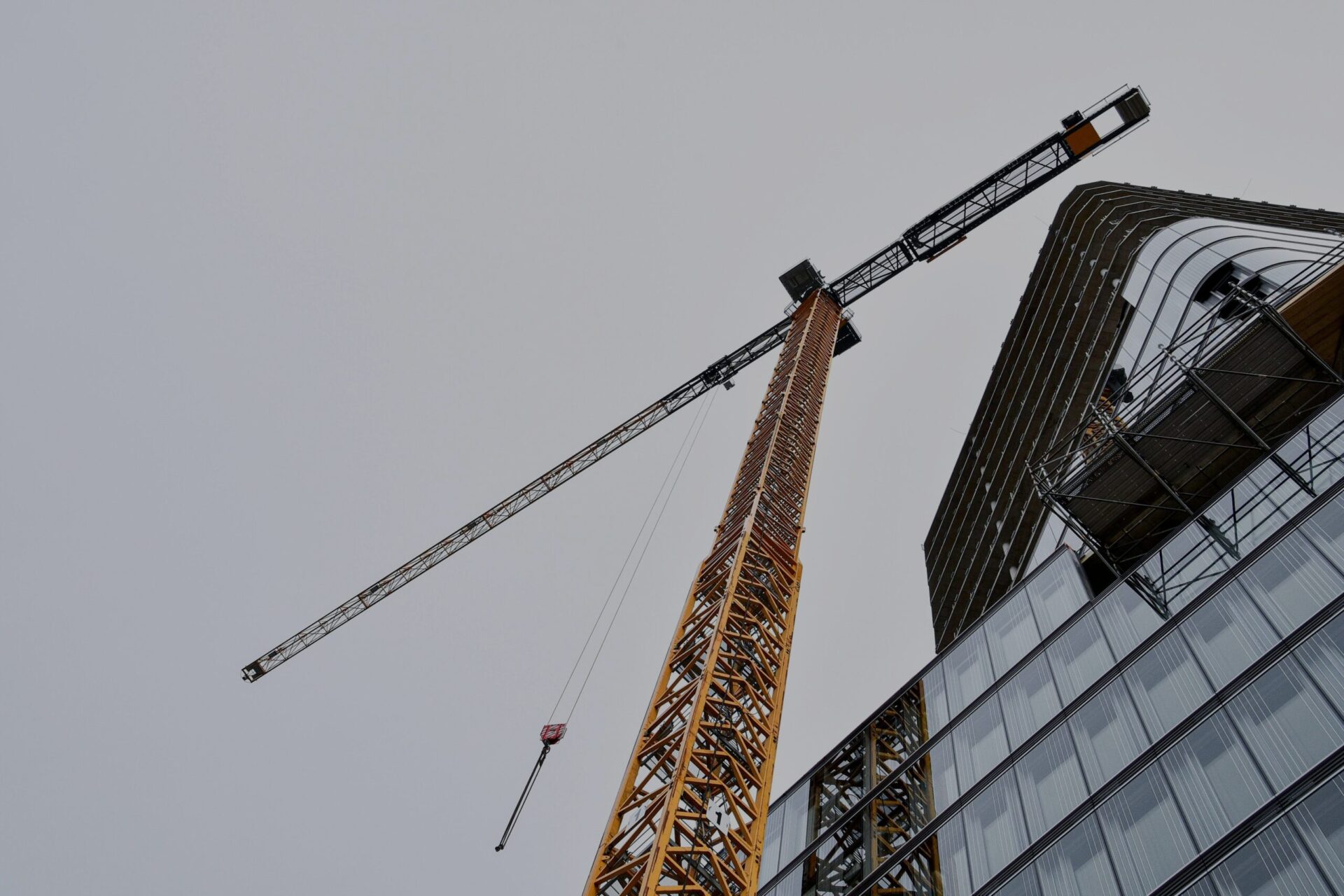A mechanic’s lien is a security interest (similar to a mortgage) in real estate upon which the construction work was performed or upon the property benefited by the work. The Colorado mechanic’s lien law provides remedies for most privately-owned projects located in the State of Colorado. The statutes that govern Colorado Mechanic’s Liens can mostly be found in Sections 38-22-101, et seq. C.R.S.
Mechanic’s lien rights are generally available:
(1) to unpaid creditors who furnished labor, equipment, materials and/or services used for construction of privately-owned construction work;
(2) when required notices are properly and timely given;
(3) when affidavits of service of Notices of Intent and the Statement of Lien are accurately completed and timely filed for record in the county where the property is located;
(4) when suit to foreclose and notice thereof has been timely filed and recorded; and
(5) the reasonable value of the labor, equipment, materials or services have been established in court.
The following are very important deadlines for mechanic’s lien, which can be found in Section 38-22-109, C.R.S.:
(1) A Notice of Intent to File a Lien Statement has to be personally served or sent by registered or certified mail to the owner or reputed owner of the property or his agent and the principal contractor or his agent at least ten days before the time of filing the lien statement with the county clerk and recorder;
(2) The lien statement must be filed prior to the expiration of four months after the day on which the last material or labor was furnished by the lien claimant;
(3) Within that four-month period, a lien claimant may file a Notice Extending Time to File Lien Statement, which extends the time for filing the mechanic’s lien statement up to six months after the date of filing the notice or four months from project completion, whichever is earlier; and
(4) An action be commenced to foreclose the lien statement within six months after the last materials were delivered or the improvements were completed.
By: Jean C. Arnold, Esq. Arnold & Arnold, LLP







